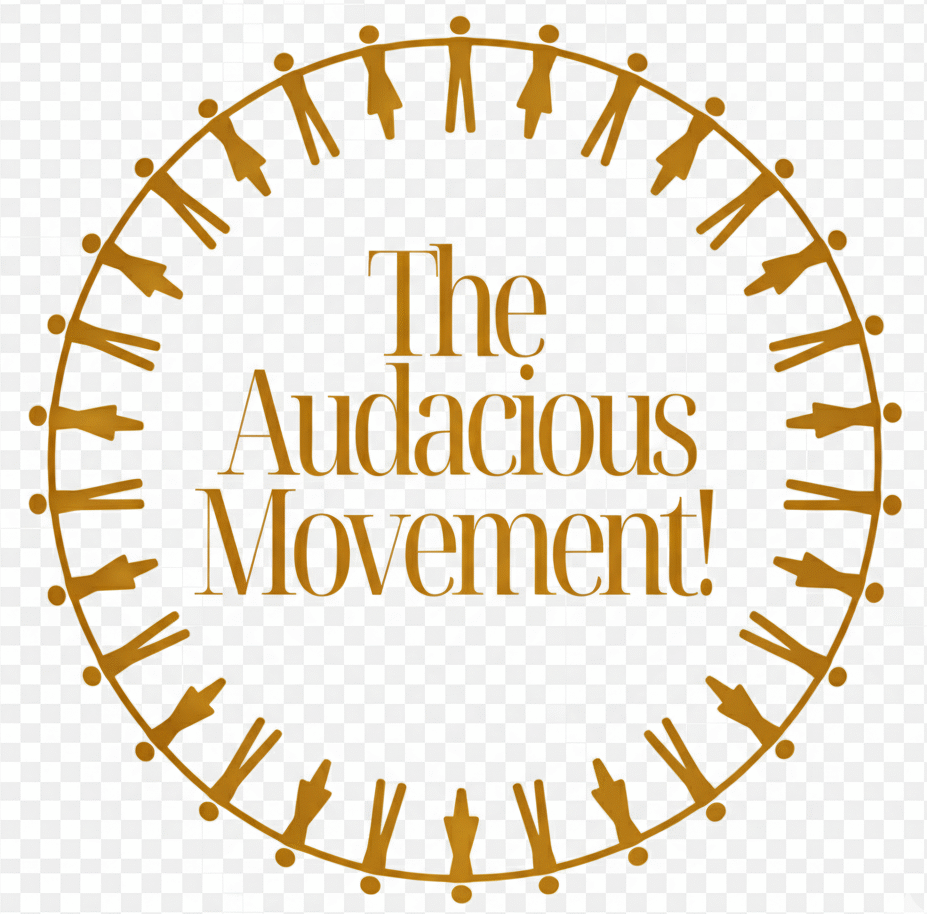Post my previous blog How I Fell in Love With Books – A Journey, I got responses pouring in from readers and a majority of them said “I can’t read more than a page”. This got me contemplating and inspired me to write this piece.
As I have mentioned in one of my previous blogs, “It’s never about what it is, but what it makes us feel” To understand this a little more, let’s look into our associations with books. Ever since our childhood, most of us have always associated reading and writing with exams and marks which has often made us feel pressurized. Most of us were never shown the delightful side of reading, we were not inspired to read but rather pushed into it. There is another set of population who took up reading as an escape from reality which I don’t endorse either.
Now, for you to consider making reading a practice let’s first focus on the “Why”. Why you should consider reading and how is it going to help you.
1. It might interest you to know, that just like how our bodies need exercise to keep themselves active, our brains need exercise to keep themselves fit and active too and reading is one of the best exercises you can give to your brains. Studies show that reading improves memory and concentration and also delays (or prevent) the onset of brain degenerative diseases like dementia and Alzheimer’s.
2. It’s proven that reading books helps us emphasize and connect better with the world i.e. improves emotional intelligence. It helps us see perspectives and deal with situations better. It also helps us see beauty and appreciate things around us that often go unnoticed.
3. Certain books help us build and master new skills in different areas and that knowledge is something that remains with us forever.
4. Another important thing that I have noticed is that reading can be a lifelong hobby. Can you imagine yourselves in your late 70s and 80s, retired from work, you have all the time in the world and nothing much to do? What would you do then? Sail in the ocean of boredom, surrender yourself to the screen, live in the memories of the past or choose to keep your brain sufficiently stimulated, up and active?
If the above-mentioned reasons have convinced you enough to consider reading or you have your own reasons to take it up or if you are just curious to know what’s next, we can move to the next section which is “Where do I start?”
1. Shifting your associations: as I mentioned earlier, we have mostly associated books with stress and discomfort. So, the first step would be to shift your association of books to something more productive. It could be beauty, knowledge, leisure, adventure or anything that you connect with.
2. Setting the intent: approach a book with the intent to learn something from it rather than finish it. There is no point finishing a book if you haven’t taken away anything from it. Look at each page with curiosity. Certain self-development books can be overwhelming in the beginning, you can read just one page or a chapter at a time and dwell in it for a while, practice what you read a couple of times before you move forward.
3. Setting a routine: Preferably set aside a time to read, you could consider replacing your phone with a book before you hit the bed at night or some of you might enjoy beginning the day by reading something productive. I prefer being flexible with my reading time, I carry a book with me all the time and sink into it whenever I have a little time. You could pick what works best for you.
4. Connect with the Author: We humans possess an innate need to establish connections. Reading about the Authors, their journey, their views, values etc. will help you connect better with the book.
5. Create a balance: My mentor once said, “At any point, have at least two books to read simultaneously, one to fulfil your professional needs and the other for yourself” This has helped me get myself unstuck and move forward when I’m stuck with a book.
6. Know how you process information: Pay attention to how you process information, if you are a visual person, create visuals with elaborate details in your imagination, if you are auditory, create different voices in your head according to the characters. A friend once told me that he reads a book like he has written it and he is presenting it to the world and that helps him connect with the book and process it better. Find out what works for you.
7. Be Consistent: when you are creating newer practices it’s highly likely that you fail, but it’s your responsibility to not give up. If you miss 2 days, never mind, get back to it the 3rd day until it becomes a practice.
I hope this article helps you embark on a journey into the world of books. And there is no better time to start than now when most of us have plenty of time in hand and do not know how to spend it productively. GO PICK THAT BOOK IN YOUR SHELF THAT YOU NEVER READ AND DIG INTO IT!!
Don’t forget to share your experiences in the comments section below.
Cheers!!

